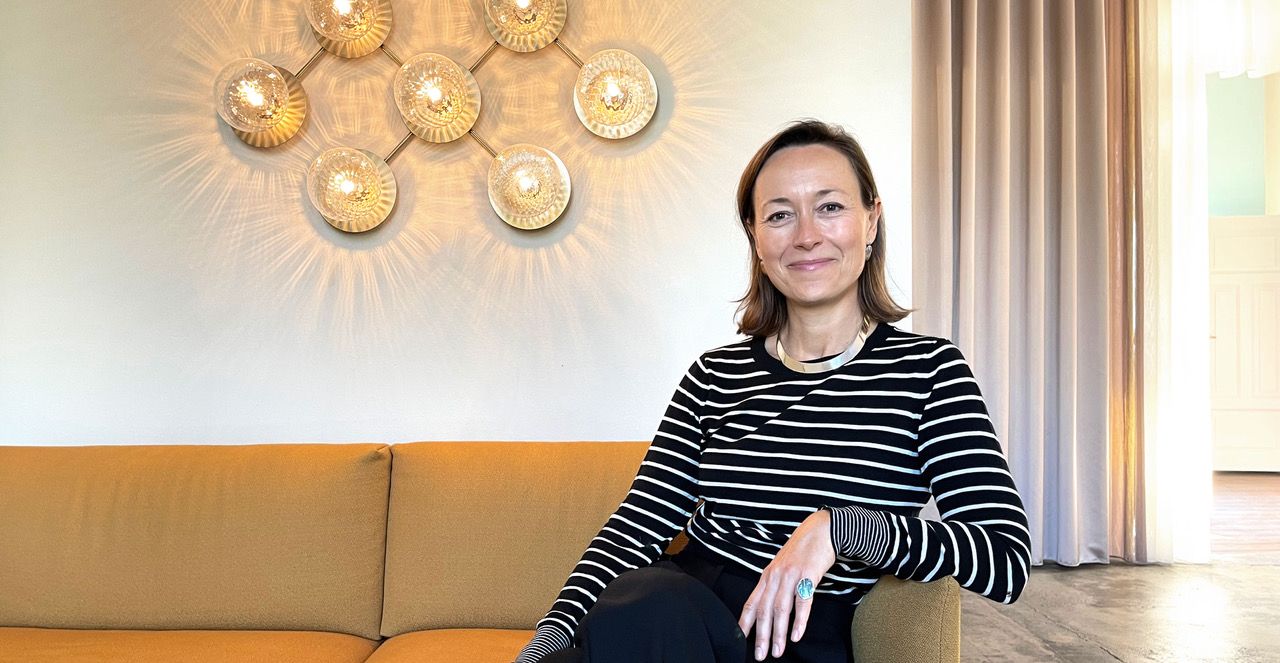A Danish CEO recently told me: “We are taking drastic steps. I have to take the burden of decisions on me. And it feels very unsettling as I don’t know how my employees will react. They are used to consensus and discussions, but that ship has sailed. They will have to trust my judgment. I will too.”
Danish leadership is built on stability, trust, and consensus, a model that has served Denmark well in times of predictability. But as global uncertainty grows, leadership instincts that have been effective in stable conditions have to be adjusted. And you, with an international background, can help.
How international leaders can help
If you are a leader with experience in South Asia, Latin America, or other… anywhere other than Denmark, you have most likely navigated instability, shifting economies, and leadership that always involves risk. Your experience is now invaluable to your Danish colleagues, who must adapt to a new reality – without abandoning Danish work culture.
First, make your colleagues aware of the fact that faster decision-making is essential. Danish leaders normally seek broad agreement before acting, but in volatile environments, slow decisions are risks in themselves. You know that from the inside. Think about what might be useful, be clearer about what you know from experience. One idea: Talk about timed decision-making: “We discuss for 24 hours, then decide.” This is still a Danish-style collaboration minus the stagnation.
Second, underline how long-term plans must be more adaptable. Danish leaders are flexible, but the current environment demands flexibility without a security line. That is new to them. You can do a workshop drawing on your experience. An idea could be to do scenario-based planning: multiple outcomes are discussed in advance, which allows flexibility without a sense of loss of control.
Third, when facing insecurity, as you know from your leadership experience, clarity matters more than reassurance, as reassurance feels hollow and unrealistic. Clarity is addressing uncertainty head-on: “Here’s what we know, here’s what we don’t, and here’s our next step.” Some Danes may find this too directive, and more top-down, but most will appreciate the honesty and clarity and feel relieved that someone with experience is at the helm.
Fourth, leadership means taking responsibility, even when the path is unclear. This you are used to. Danish leaders, on the other hand, often tilt towards inclusive decision-making, but in times like these, some decisions must be made fast and top-down. You can propose a crisis-mode leadership structure, where a small leadership team makes rapid decisions when needed.
Finally, ethics now demand action, not just values. It is no longer enough to be an example of a fair and well-functioning organisation. Ethical leadership means taking a stand, even at a cost. This is not new to many of you – but to many Danes it is.
The leadership challenge ahead
“The ship has sailed,” leaving slow-paced decision making behind in a crisis. If you are a leader with international experience, you can help your organization by making them aware of your insights. Guide your colleagues as they transition toward a leadership style that is better suited for today’s uncertainty.
You may ask: How can I make them listen? The key is to be open – and extra-super humble about what you might contribute. That might make them open to new ideas. (And get a coach to help you!)


